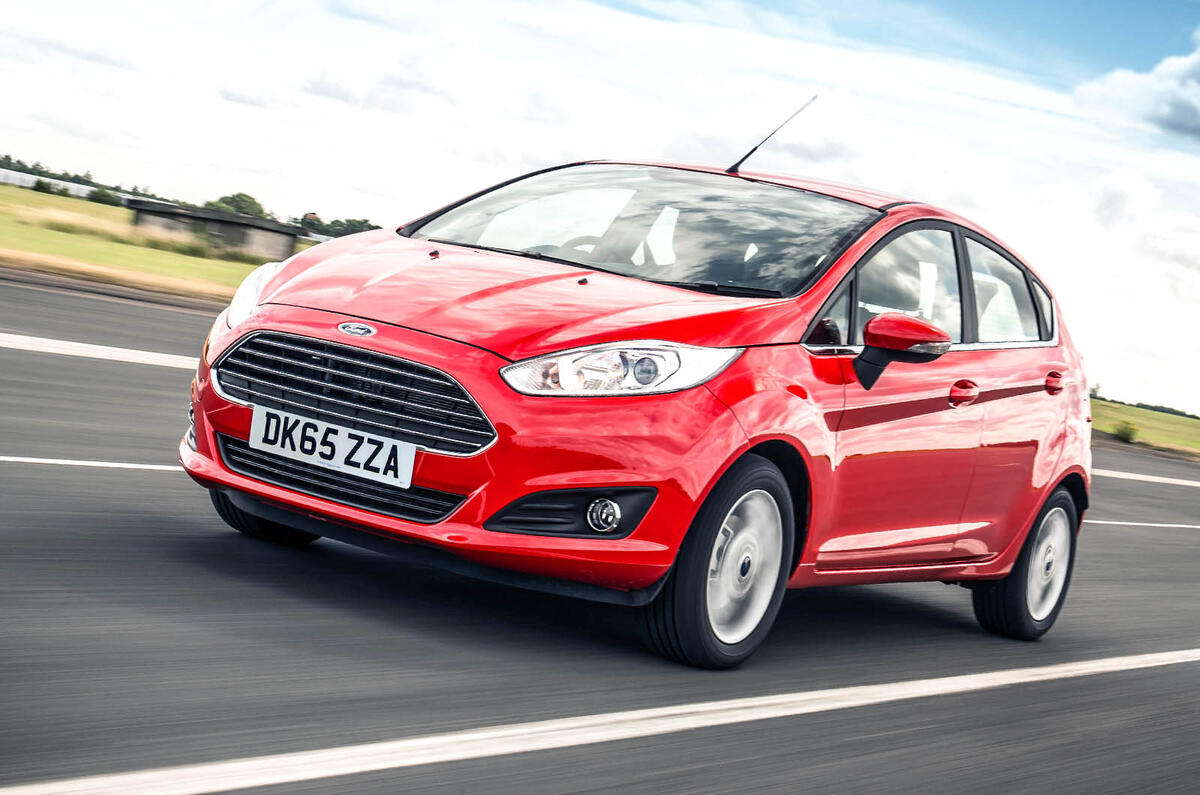The UK's new car market has recorded its strongest ever half-year performance this year, and has grown by 3.2% compared with 2015.
There have been 1,420,636 new car registrations so far in 2016 - a new record - but demand in June has eased by 0.8%, according to the Society of Motor Manufacturers and Traders (SMMT). It says the fall is a predicted sign of the market stabilising after record sales in 2015.
Alternatively fuelled vehicles now account for 3.2% of the entire new car market, and had a 21.3% sales increase compared with the first six months of last year. Meanwhile, diesel and petrol engined car sales grew by 2.3% and 3.0% respectively. Fleet registrations rose by 4.5%, compensating for a 4.5% drop in private registrations.
Mike Hawes, chief executive of the SMMT, believes it is too soon to know if the EU referendum result has had an impact on the new car market.
He said: "The first six months saw strong demand at record levels but the market undoubtedly cooled over the second quarter.
“It’s important that the Government takes every measure to restore business and economic confidence to avoid the market contracting in the coming months.”
The Ford Fiesta continues to be the best-selling new car in the UK, selling 68,833 units, with the Vauxhall Corsa and Ford Focus complete the top three, selling 42,356 and 38,715 respectively.
Thatcham Research, which researches car safety for the car insurance industry, says eight of the top 10 best-selling cars have five-star Euro NCAP safety ratings, but Autonomous Emergency Braking (AEB) is only available on half of them.
The Mercedes-Benz C-Class is the 10th most popular new car in the UK, selling 22,069 units this year, and is the only car in the top 10 to offer AEB as standard on every model in its range. Thatcham has called on manufacturers to make AEB standard by 2022.





Join the debate
Add your comment
Interesting to see whether
Above
Second half of the year will be more interesting!
Like, for example, what is the breakdown among "Alternative fuel vehicles"? I suspect that the overwhelming majority of these are hybrids (of the non plug in variety), which are really just petrol or diesel fuelled with an electric energy recovery system. I'm not knocking such vehicles, but surely it is wrong to describe them as alternative fuel?